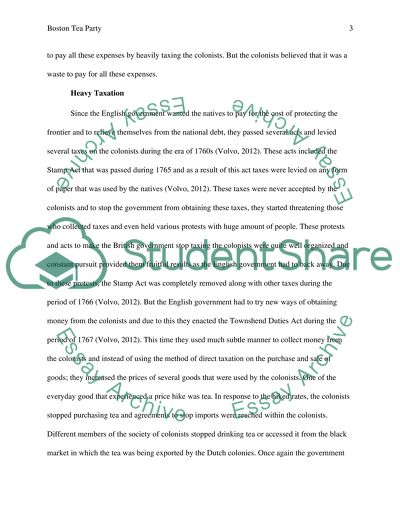Cite this document
(“Boston Tea Party Research Paper Example | Topics and Well Written Essays - 1500 words - 1”, n.d.)
Boston Tea Party Research Paper Example | Topics and Well Written Essays - 1500 words - 1. Retrieved from https://studentshare.org/history/1651921-boston-tea-party
Boston Tea Party Research Paper Example | Topics and Well Written Essays - 1500 words - 1. Retrieved from https://studentshare.org/history/1651921-boston-tea-party
(Boston Tea Party Research Paper Example | Topics and Well Written Essays - 1500 Words - 1)
Boston Tea Party Research Paper Example | Topics and Well Written Essays - 1500 Words - 1. https://studentshare.org/history/1651921-boston-tea-party.
Boston Tea Party Research Paper Example | Topics and Well Written Essays - 1500 Words - 1. https://studentshare.org/history/1651921-boston-tea-party.
“Boston Tea Party Research Paper Example | Topics and Well Written Essays - 1500 Words - 1”, n.d. https://studentshare.org/history/1651921-boston-tea-party.


